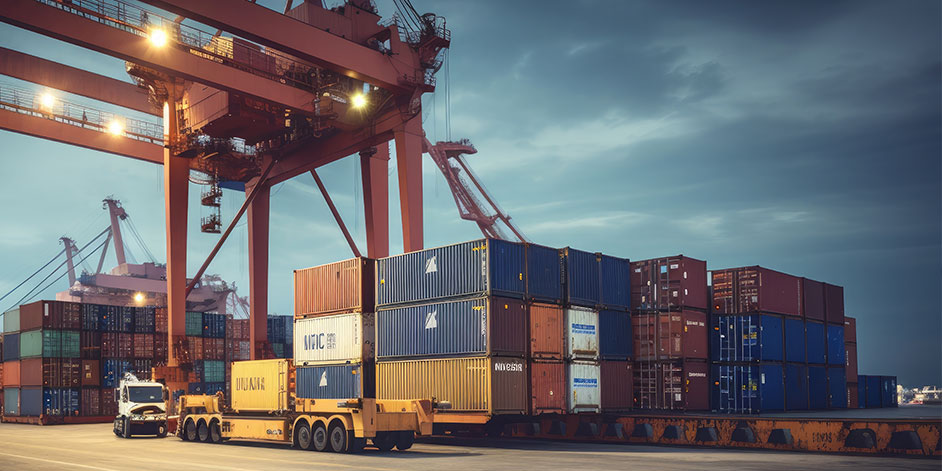Logistics has become very important in today’s world as it plays a key role in the development of exports and the integration of companies in international trade.
In the past, products were manufactured by factories placed in one country and then exported to another. From the 1970s, however, part of the value chain began to move across borders, and by the 1980s, production was fragmented into different stages spread across different markets, and then linked through complex logistics systems to reach global markets.
Today, international trade is widely recognised as one of the drivers of economic development. To achieve this development, it is necessary to achieve a high level of exports to enable integration into global value chains. Logistics plays a key role in providing the predictability and reliability needed to move these exports.
Expanding into other markets allows, among other things, economies of scale, improved production planning, risk diversification and better utilization of facilities. It also promotes competition, as those who succeed in placing their products in the rest of the world have had to face and overcome their competitors in other markets. Exports therefore drive innovation and productivity, making it possible to cope with the entry of competitors into the domestic market.
Logistics is therefore widely regarded as one of the fundamental pillars of export development and international trade, contributing significantly to economic growth and competitiveness. It is closely linked to the reliability of supply chains and the predictability of delivery services for both producers and traders, exporters and importers of goods. As supply chains become more complex, logistics becomes the key tool for successfully integrating products into these global value chains.


